Kruger National Park: A Premier Safari Destination in South Africa
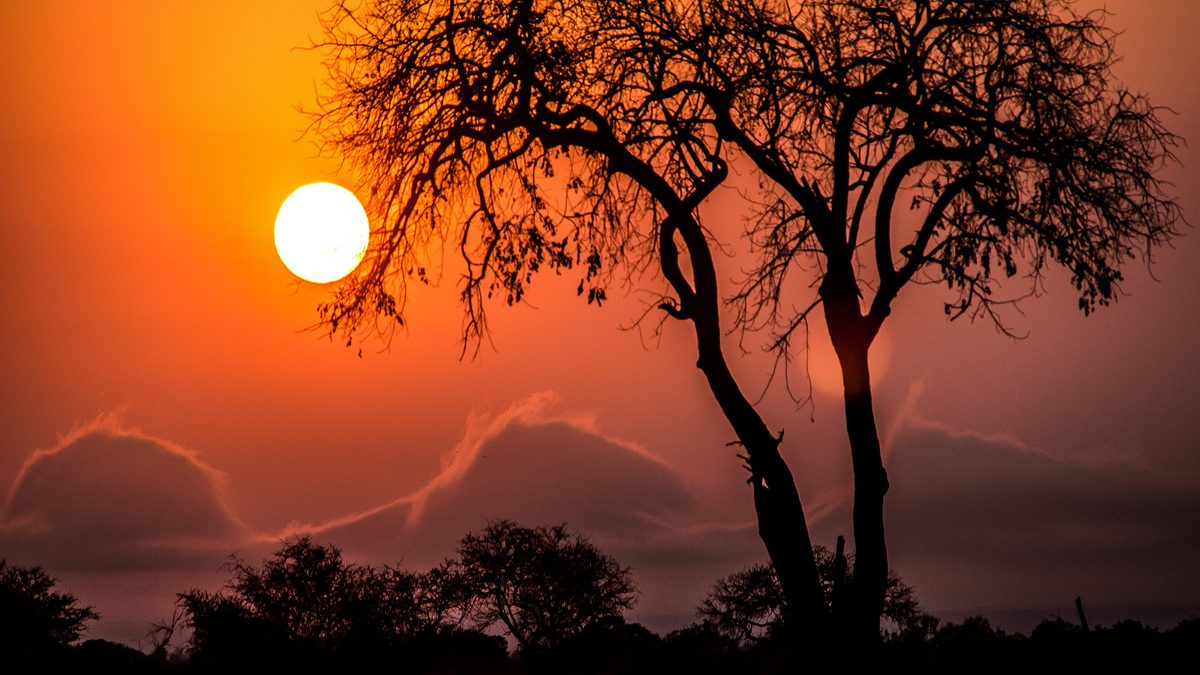
Kruger National Park: A Premier Safari Destination in South Africa
Kruger National Park: A Premier Safari Destination in South Africa
Kruger National Park, located in the northeastern part of South Africa, is one of the largest and most renowned game reserves in the world. Spanning nearly 19,485 square kilometers (7,523 square miles), this iconic park is a premier destination for wildlife enthusiasts, offering unparalleled opportunities to see Africa’s iconic animals in their natural habitat. This comprehensive guide provides detailed information about Kruger National Park, including its history, major attractions, activities, cultural significance, and practical tips for visiting. This unique and informative article aims to offer a complete perspective on one of South Africa’s most beloved destinations.
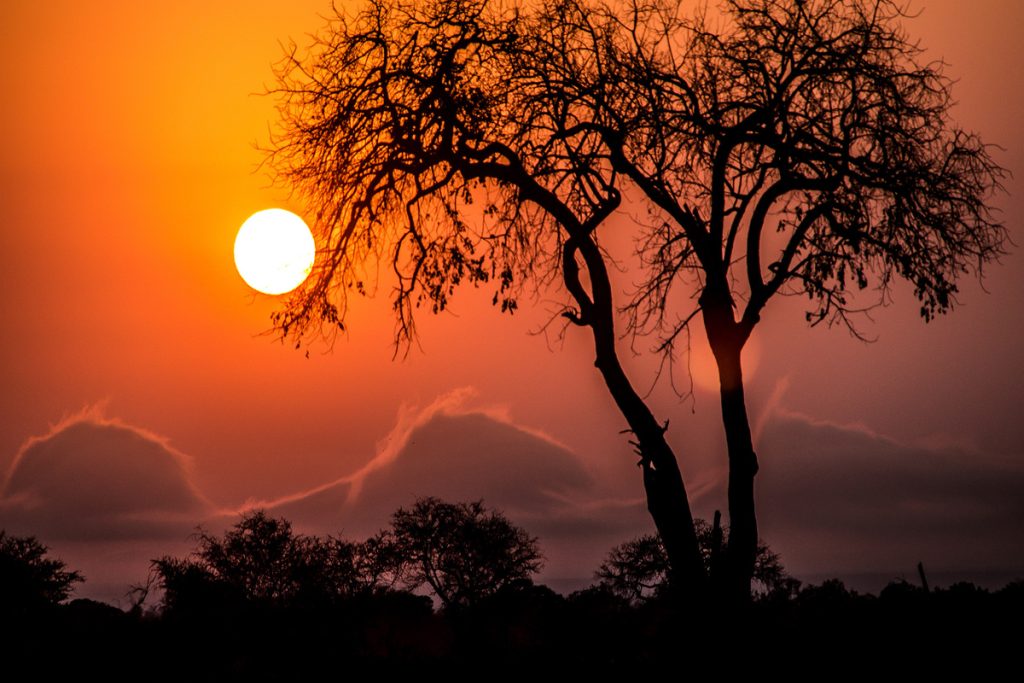
Historical Background
Origins and Early History
Kruger National Park was established in 1898 as the Sabie Game Reserve by Paul Kruger, the then-president of the South African Republic, with the primary goal of protecting the diminishing wildlife populations from overhunting. In 1926, the reserve was expanded and renamed Kruger National Park, becoming the first national park in South Africa. Over the years, the park has grown in size and significance, playing a crucial role in wildlife conservation and tourism.
Modern Developments
Today, Kruger National Park is managed by South African National Parks (SANParks) and is part of the Great Limpopo Transfrontier Park, a peace park that links Kruger with parks in Mozambique and Zimbabwe. This transfrontier park aims to create a vast conservation area that allows wildlife to roam freely across international borders, enhancing biodiversity and eco-tourism.
Major Attractions
The Big Five
Kruger National Park is renowned for being home to the Big Five: lions, leopards, rhinoceroses, elephants, and Cape buffaloes. These animals were historically sought after by big-game hunters, and today, they are among the most sought-after sightings for safari-goers. The park’s diverse habitats support large populations of these iconic species, making it a top destination for wildlife enthusiasts.
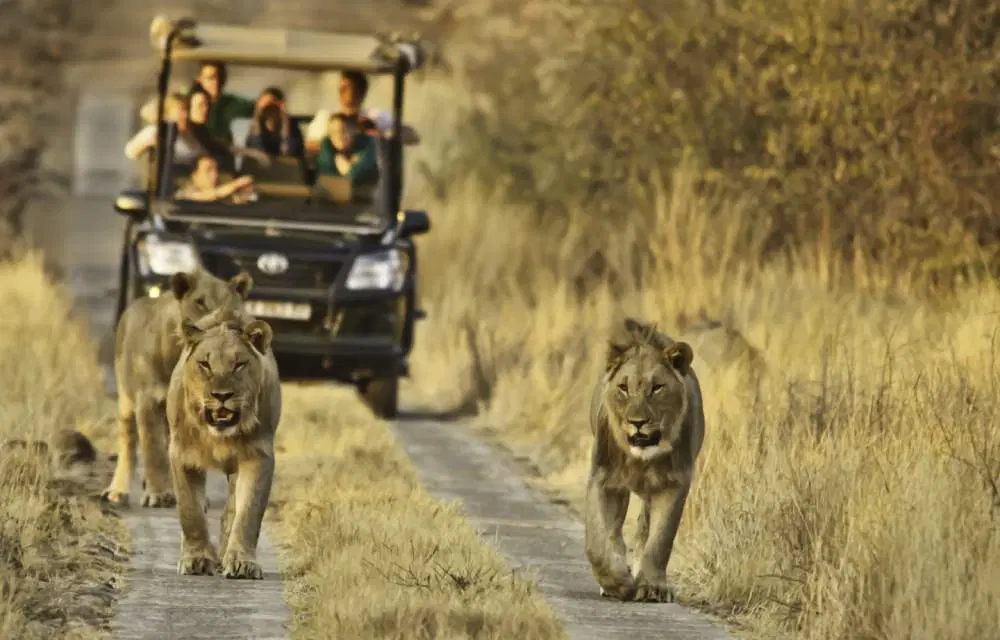
Safari Drives
One of the main attractions of Kruger National Park is the safari drive. Visitors can embark on guided game drives or self-drive safaris to explore the park’s vast landscapes and spot its abundant wildlife. Early morning and late afternoon drives are particularly popular, as animals are most active during these times.
- Guided Game Drives: Professional guides offer in-depth knowledge about the park’s flora and fauna, enhancing the safari experience.
- Self-Drive Safaris: For a more flexible adventure, visitors can rent a vehicle and explore the park at their own pace. Detailed maps and routes are available to help navigate the park’s extensive road network.
Kruger’s Rest Camps
Kruger National Park boasts a variety of rest camps that provide accommodation, dining, and recreational facilities. These camps are strategically located throughout the park, offering easy access to different regions and their unique wildlife.
- Skukuza Rest Camp: The largest rest camp, offering a range of accommodations from tents to bungalows, as well as amenities like shops, restaurants, and a swimming pool.
- Lower Sabie Rest Camp: Known for its scenic location along the Sabie River, this camp provides excellent wildlife viewing opportunities and a variety of accommodation options.
- Satara Rest Camp: Popular for its proximity to prime lion and cheetah territories, Satara offers a variety of lodging options and facilities.
Wilderness Trails
For those seeking a more immersive experience, Kruger National Park offers several wilderness trails that allow visitors to explore the park on foot. These guided walking safaris provide a unique opportunity to experience the park’s flora and fauna up close and gain insights into the smaller details of the ecosystem.
- Mphongolo Trail: A three-night trail that explores the remote wilderness areas of the northern Kruger.
- Napi Trail: A popular two-night trail in the central region, offering diverse wildlife sightings and beautiful landscapes.
Bird Watching
Kruger National Park is a haven for bird watchers, with over 500 species recorded within its boundaries. From large raptors to colorful bee-eaters, the park’s diverse habitats attract a wide variety of birdlife.
- Bird Hides: Strategically placed bird hides, such as Lake Panic and Sweni, offer excellent viewing opportunities.
- Seasonal Highlights: The summer months (October to March) are particularly good for bird watching, as many migratory species are present.
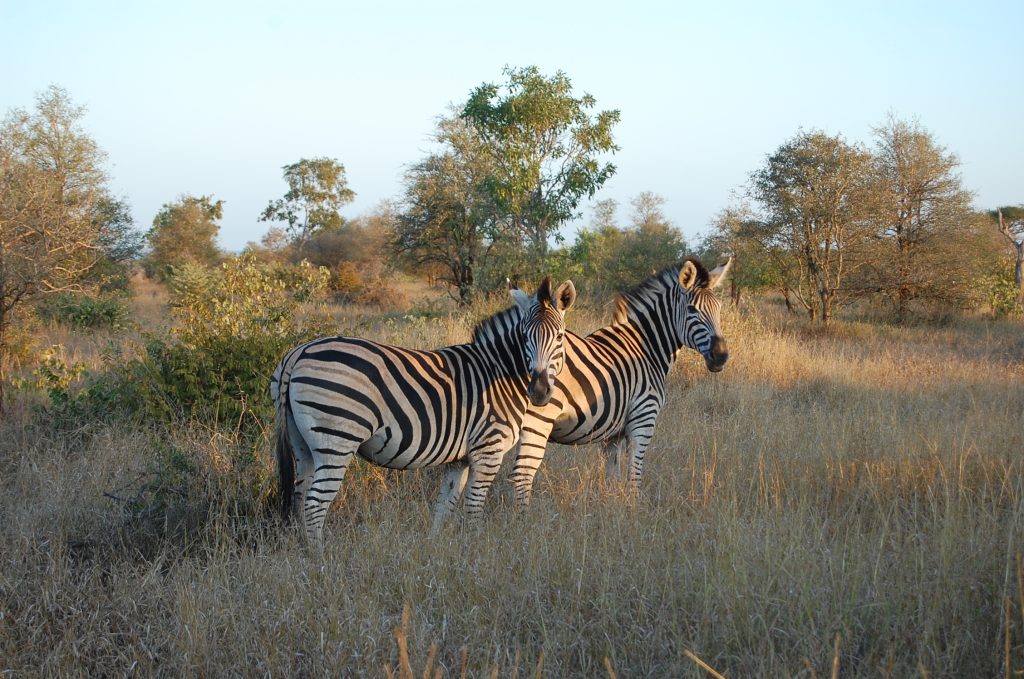
Historical and Cultural Sites
In addition to its natural wonders, Kruger National Park also features several historical and cultural sites that provide insights into the region’s rich heritage.
- Masorini Archaeological Site: A restored Iron Age village that offers a glimpse into the lives of the area’s early inhabitants.
- Albasini Ruins: The remains of a 19th-century trading post established by Joao Albasini, an influential Portuguese trader.
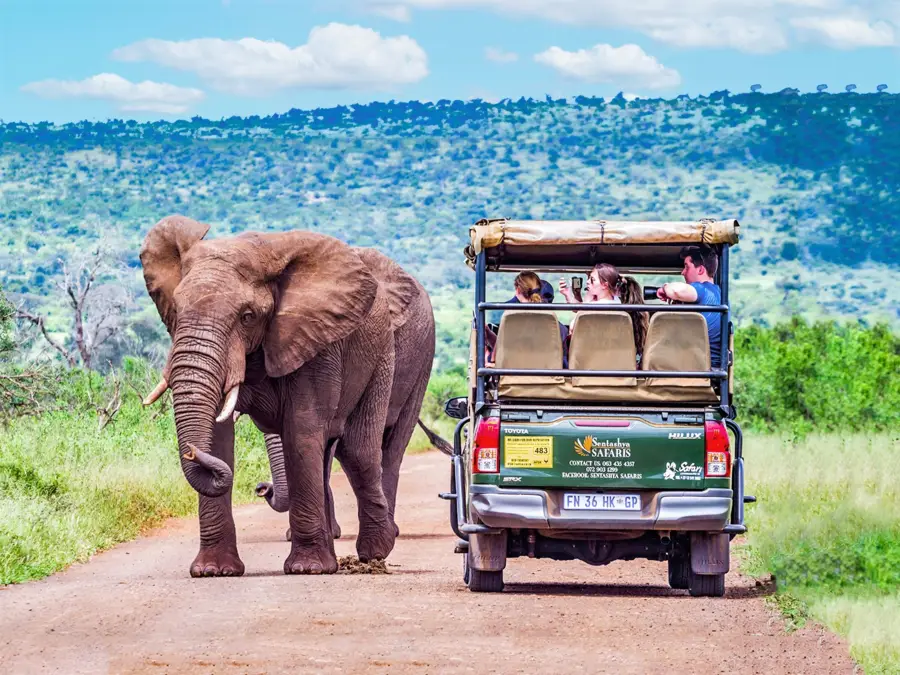
Activities for Tourists
Guided Safaris
Professional guided safaris are a highlight for many visitors, providing expert knowledge and increasing the chances of spotting elusive wildlife. These safaris can be conducted in open-top vehicles, on foot, or even on horseback in certain areas outside the park’s main boundaries.
Night Drives
Night drives offer a thrilling opportunity to experience Kruger’s nocturnal wildlife. With the help of spotlights, guides reveal the park’s hidden creatures, such as leopards, hyenas, and bush babies, that are active after dark.
Bush Braais and Picnics
For a unique dining experience, Kruger National Park offers bush braais (barbecues) and picnic sites. These experiences allow visitors to enjoy a meal surrounded by the sounds and sights of the African wilderness.
Photography
Kruger National Park is a paradise for photographers. The diverse landscapes, abundant wildlife, and dramatic lighting conditions provide endless opportunities for capturing stunning images.
- Photo Safaris: Specialized photo safaris offer guidance on capturing the perfect shot and often provide access to areas with high photographic potential.
Cultural Significance
Conservation Efforts
Kruger National Park plays a critical role in wildlife conservation, not only in South Africa but globally. The park is involved in various conservation initiatives, including anti-poaching efforts, habitat restoration, and species protection programs.
Ecotourism
Ecotourism is a significant aspect of Kruger National Park’s operations. The park’s management focuses on sustainable tourism practices that minimize environmental impact while maximizing visitor enjoyment and education.
Community Involvement
Kruger National Park works closely with local communities to promote conservation and tourism benefits. Various programs aim to involve local residents in park activities, providing employment opportunities and fostering a sense of stewardship for the natural environment.

Practical Tips for Visiting Kruger National Park
Best Time to Visit
The best time to visit Kruger National Park is during the dry winter months (May to September). During this period, the vegetation is thinner, and animals congregate around water sources, making wildlife viewing easier. However, the park is a year-round destination, with each season offering unique experiences.
Getting There
Kruger National Park is accessible by car, bus, or plane.
- By Car: The park has several entrance gates, with the most popular being Paul Kruger Gate, Malelane Gate, and Phalaborwa Gate.
- By Plane: The nearest airports are Kruger Mpumalanga International Airport (KMIA) in Nelspruit and Skukuza Airport within the park.
Accommodation
Kruger National Park offers a range of accommodation options to suit different budgets and preferences.
- Rest Camps: These camps offer various lodging options, including bungalows, cottages, and tents, along with amenities such as restaurants, shops, and swimming pools.
- Bushveld Camps: Smaller and more intimate, these camps provide a more secluded experience with fewer amenities.
- Luxury Lodges: For a more exclusive experience, several luxury lodges offer high-end accommodations, gourmet dining, and private safaris.
What to Bring
- Clothing: Lightweight, breathable clothing is recommended for the day, with warmer layers for the cooler mornings and evenings. Neutral colors are best for blending into the environment.
- Footwear: Sturdy, comfortable shoes are essential for walking safaris and exploring the park.
- Binoculars: A good pair of binoculars enhances wildlife viewing, especially for bird watchers.
- Camera: Don’t forget your camera to capture the stunning wildlife and landscapes.
- Sun Protection: Hats, sunglasses, and sunscreen are crucial for protection against the strong African sun.
- Insect Repellent: Essential for keeping mosquitoes and other insects at bay, especially during the summer months.
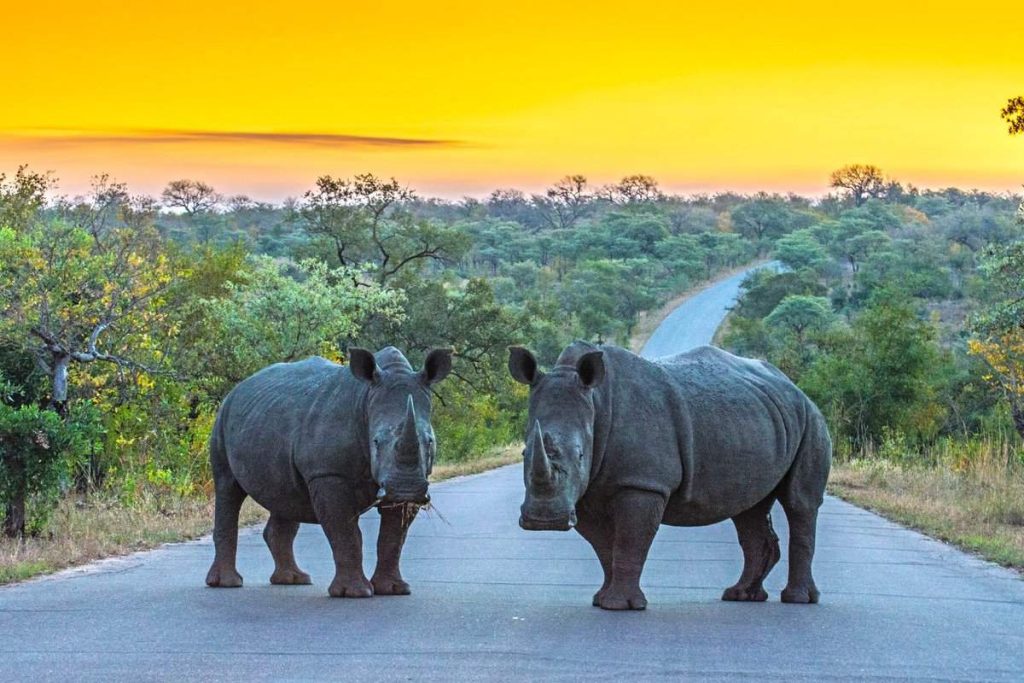
Safety Tips
- Stay in Your Vehicle: When on a self-drive safari, always remain in your vehicle except at designated areas.
- Keep a Safe Distance: Maintain a safe distance from wildlife to avoid disturbing them and for your own safety.
- Follow Park Rules: Adhere to the park’s rules and regulations to ensure a safe and enjoyable visit.
- Emergency Contacts: Familiarize yourself with emergency contact numbers and locations of medical facilities within the park.
Nearby Attractions
- Panorama Route: A scenic drive that offers breathtaking views of the Blyde River Canyon, God’s Window, and Bourke’s Luck Potholes.
- Moholoholo Wildlife Rehabilitation Centre: A facility dedicated to the rescue and rehabilitation of injured and orphaned wildlife.
- Hoedspruit Endangered Species Centre: Focused on the conservation of rare, vulnerable, and endangered animals, with a special emphasis on cheetahs.
Unique Features and Emotional Impact
Unparalleled Wildlife Encounters
Kruger National Park offers some of the most exhilarating wildlife encounters in the world. The thrill of seeing a pride of lions on the prowl, a herd of elephants at a watering hole, or a stealthy leopard in the
underbrush creates unforgettable memories.
Diverse Ecosystems
The park’s diverse ecosystems, ranging from savannah and woodlands to rivers and wetlands, support a wide variety of flora and fauna. This biodiversity ensures that every safari experience is unique and filled with discovery.
Connection to Nature
Visiting Kruger National Park provides a profound connection to nature. The vast landscapes, the sounds of the wild, and the sight of animals in their natural habitat offer a sense of peace and tranquility, allowing visitors to escape the hustle and bustle of everyday life.
Conservation Education
Kruger National Park serves as a living classroom for conservation education. Visitors leave with a deeper understanding of the importance of preserving our natural world and the efforts required to protect it for future generations.
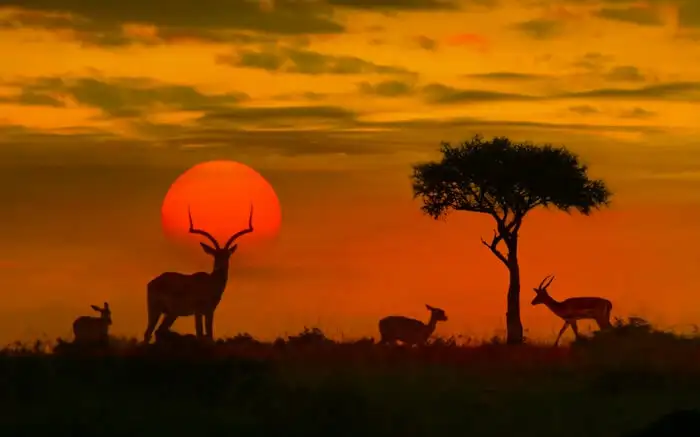
Conclusion
Kruger National Park, with its majestic landscapes and rich biodiversity, stands as one of South Africa’s most treasured destinations. From the iconic Big Five and guided safari drives to the tranquil rest camps and educational walking trails, Kruger offers a wealth of experiences for nature lovers and adventure seekers alike.
As a must-visit destination, Kruger National Park invites travelers to immerse themselves in its natural beauty and cultural heritage. Whether exploring the park’s diverse ecosystems, enjoying thrilling wildlife encounters, or learning about conservation efforts, visitors are sure to leave with lasting memories.
Plan your visit to Kruger National Park, embrace its unique features and enchanting atmosphere, and discover why it remains one of the most beloved and iconic safari destinations in the world. From its stunning wildlife and serene landscapes to its cultural significance and conservation impact, Kruger National Park offers a magical journey into the heart of Africa’s wild beauty.
-
Kruger National Park: A Premier Safari Destination in South Africa
Kruger National Park: A Premier Safari Destination in South Africa Kruger National Park, located in the northeastern part of South Africa, is one of the largest […]
thecoins24 Bitcoin News Cryptocurrency airdrop theforex24 Forex News Aypa Group Aypa Website developer Aypa SEO
italyeducation تحصیل در ایتالیا تحصیل رایگان در ایتالیا پذیرش تحصیلی در ایتالیا دانشگاه های ایتالیا بورسیه تحصیلی ایتالیا Aypa Digital Marketing Forex Calculator

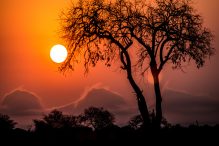

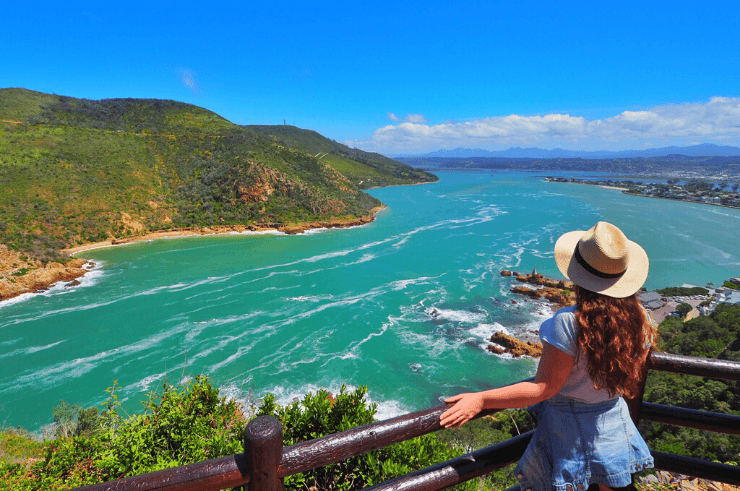
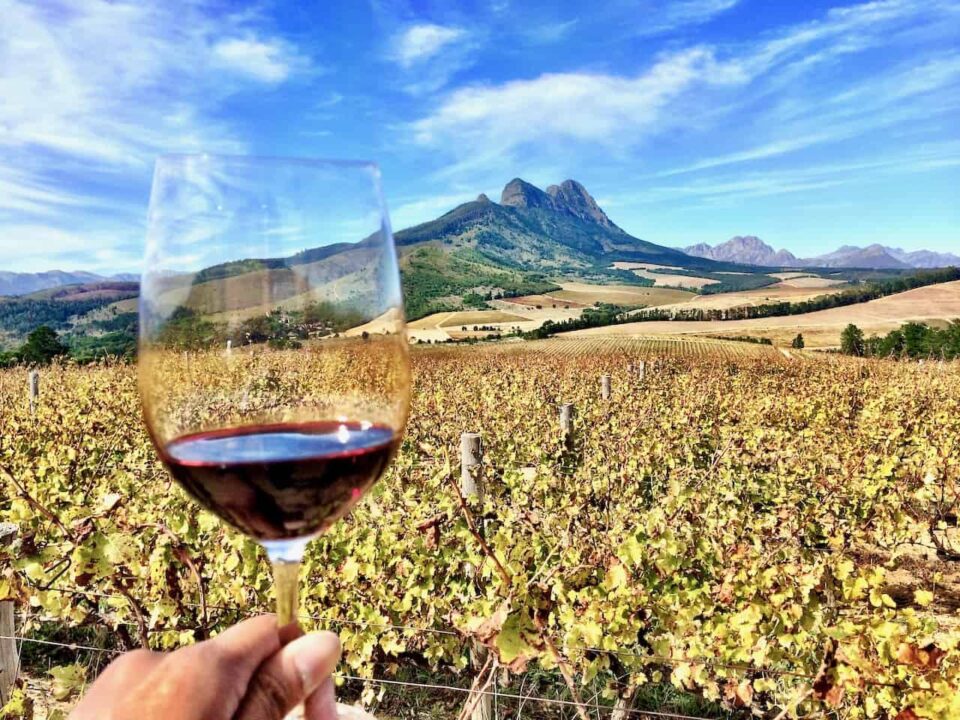
1 Comment
[…] Kruger National Park: A Premier Safari Destination in South Africa […]